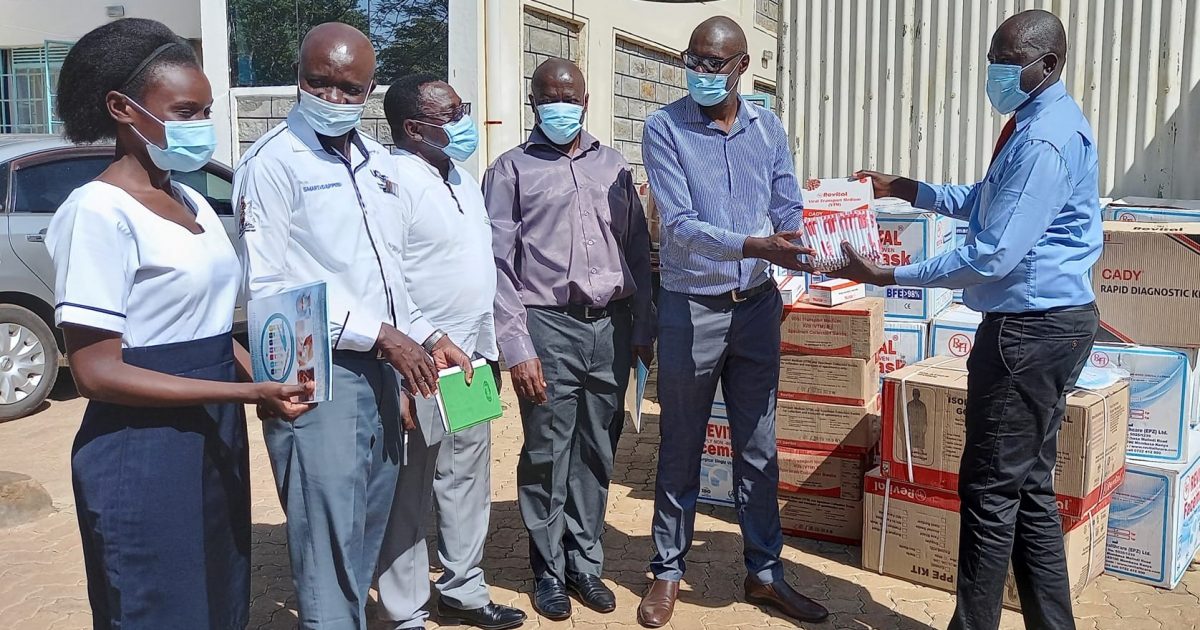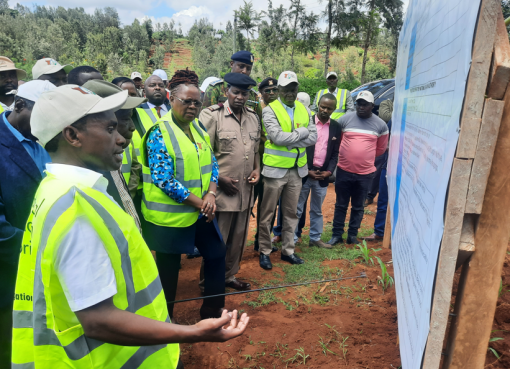Malaria poses a great threat to pregnant women particularly in the lake region due to the two rainfall patterns annually, which increases the mosquito vector population.
Kisumu County Government has put in place measures to curb malaria transmissions especially in expectant women.
According to the County Director of Health Dr.Fredrick Oluoch, both the National and County governments have collaborated to ensure that measures are put in place to help reduce malaria cases in pregnant women.
These measures include conducting surveillance on the rate of malaria infections, testing and treating malaria at the hospital, giving treated mosquito nets to pregnant mothers, and giving them Intermittent Preventive Treatment of Malaria (IPTp).
IPTp is the administration of a curative dose of an effective anti-malarial drug to pregnant women whether they are infected with malaria or not. This is initiated from the 2nd trimester and continuously done during the routine clinic visits up to the time of delivery.
Oluoch further explained that the county has deployed the help of midwives who have been trained to test and refer pregnant women who are infected with malaria to various hospitals in the county for detailed treatment.
He outlined the strategies towards managing the disease as, Malaria Case Management (MCM)-early diagnosis and treatment of malaria, Community Case Management of Malaria (CCMM) whereby the health workers provide the necessary outreach in getting to the households and capturing the cases in the community alongside malaria in pregnancy test and treatment.
Since malaria is endemic in the Nyanza region, various researchers in the medical sector have suggested a number of drugs used to treat the disease.
The common drugs used include quinine taken for seven days with bitter tastes which makes it a challenge for the expecting mothers.
Artemether- Lumefantrine Tablets which is currently recommended as safe and effective in the treatment of malaria in pregnancy. He said that the county government has partnered with many organizations which have contributed largely to fight Malaria.
“African Medical and Research Foundation (AMREF), Impact Malaria, President’s Malaria Initiative (PMI) among others have partnered with the county to ensure that the positive outcome is reached,” he said.
About eight months ago, Kenya Medical Research Institute (KEMRI) scientists examined the safety of anti-malaria drugs in the first trimester of pregnancy proving quinine and Artemether are good for use in pregnancy in the region.
Researchers have cautioned that malaria in pregnancy can cause adverse effects for instance maternal anemia, miscarriages, intrauterine growth retardation and stillbirth.
By Becky Galyns and Joseph Otieno





